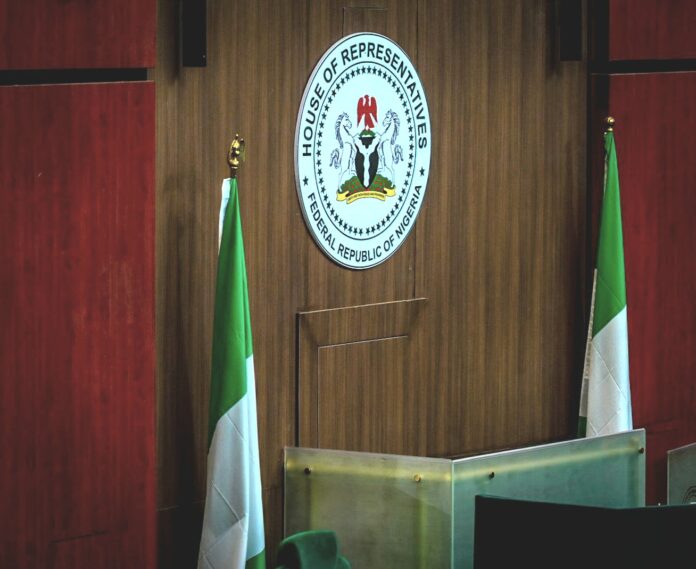In a bold move to streamline Nigeria’s electoral process, the House of Representatives has proposed that all major elections—including presidential, governorship, National Assembly, and state assembly polls—be conducted on a single day starting from 2027.
The recommendation is part of a comprehensive reform under the proposed “Electoral Act 2025,” which seeks to repeal the existing Electoral Act No. 13 of 2022. If enacted, the new law would empower the Independent National Electoral Commission (INEC) to coordinate all federal and state elections simultaneously, aiming to cut costs, reduce electoral violence, and enhance voter participation.
The proposed legislation introduces a slew of changes: Stiffer Registration Fees: Political groups seeking to register as parties would now be required to pay a registration fee of ₦50 million.
Campaign Spending Limits: Presidential candidates would be restricted to a maximum campaign budget of ₦10 billion, while governorship hopefuls could spend up to ₦3 billion—an increase from the previous ₦1 billion ceiling.
Spending Caps by Office: Senate candidates would face a ₦500 million limit, House of Representatives ₦250 million, State Assembly and Chairmanship positions ₦30 million, and Councillorship aspirants ₦10 million.
Donor Contribution Limit: No individual or entity would be allowed to donate more than ₦500 million to any candidate.
Election Timelines: All elections must take place at least 120 days before the expiration of the current officeholder’s term, allowing more time for transition and legal processes.
Faster Dispute Resolution: Election petitions would be required to be resolved within 90 days of the elections.
To curb the frequency of by-elections triggered by resignations or deaths, the House also proposes that such vacancies be filled by a nominee from the political party of the former officeholder, ensuring continuity and stability in governance.
The bill is currently under legislative scrutiny, with lawmakers hopeful that its provisions will strengthen Nigeria’s democracy ahead of the 2027 general elections.




